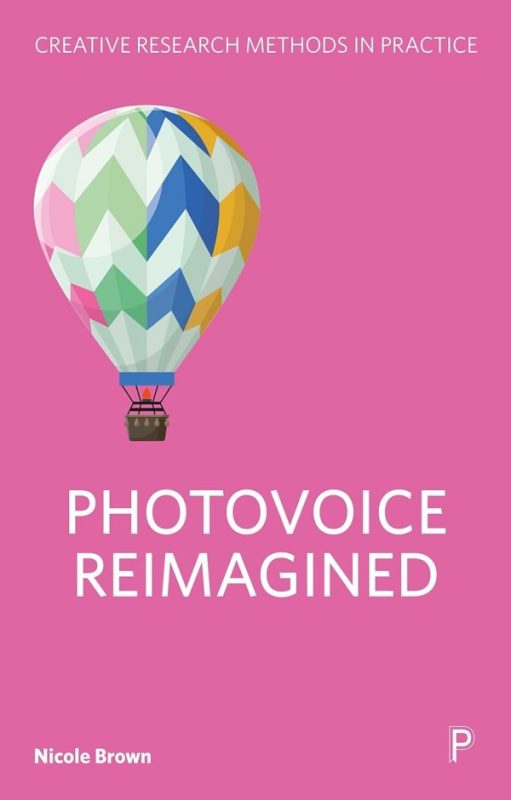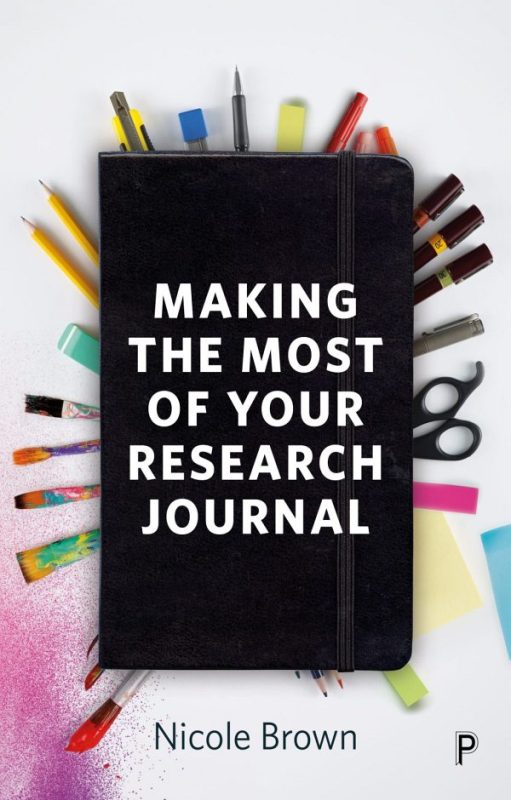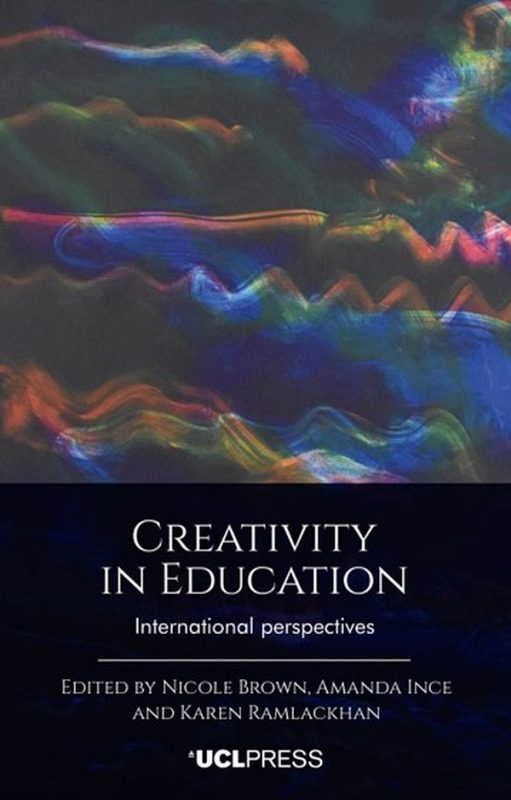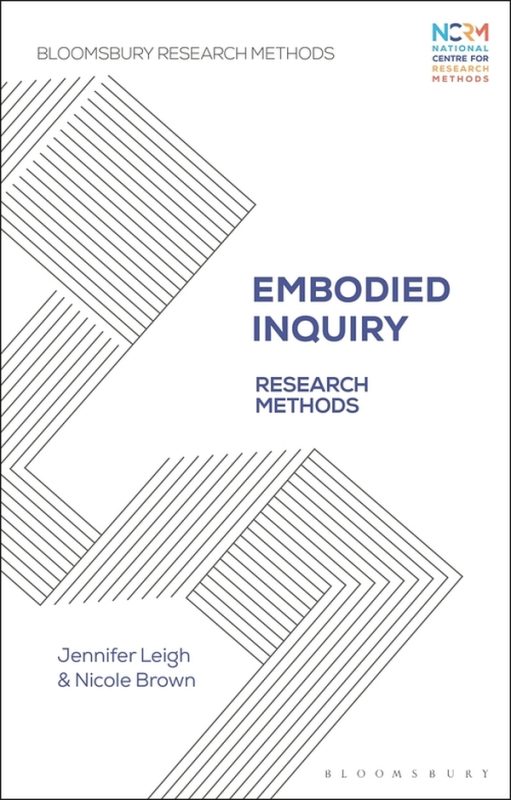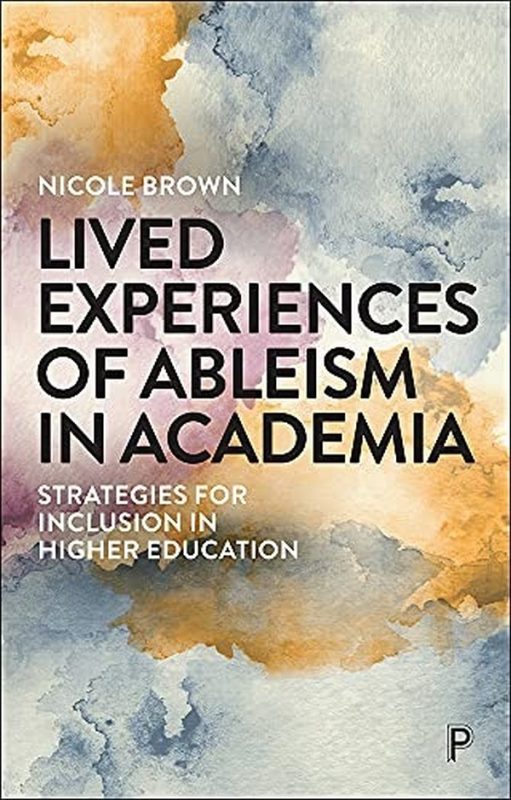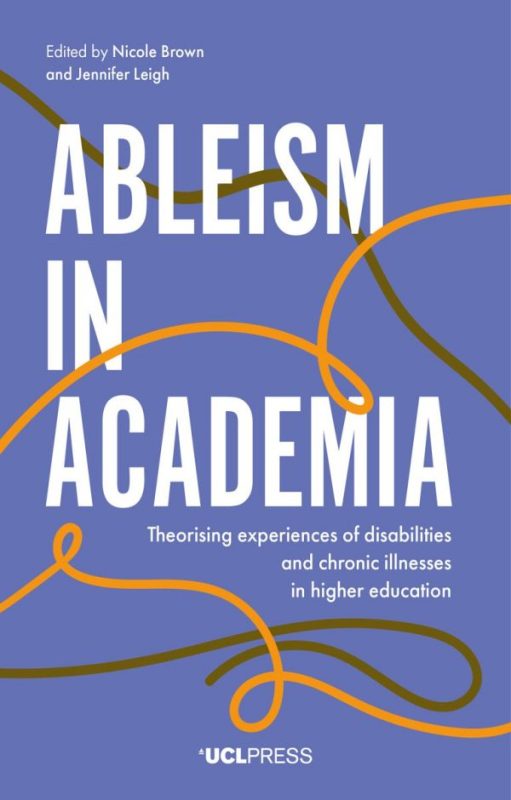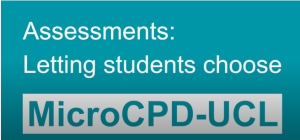
Assessments: Letting students decide
This is a link to a UCL MicroCPD video that explains how in my module we are letting students decide on how they want to be assessed.
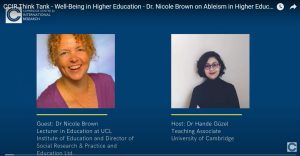
Wellbeing in Higher Education podcast: Ableism
I was invited to contribute to the Cambridge Centre for International Research podcast series to talk about the experience of disabled people in higher education and how to improve the situation.

Article: Making sense of cultural bumps – Supporting GTAs with teaching
This article reports on a study with over 100 Graduate Teaching Assistants exploring experiences of ‘cultural bumps’ at a UK University.
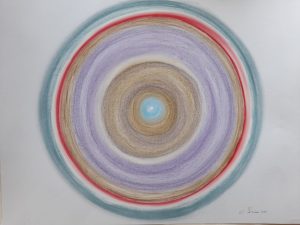
Creative output: This is just to say
This is an example of an ethnographic poem, the output of poetic inquiry and analysis within Embodied Inquiry from my research with academics.
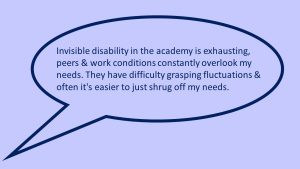
Disability post-lockdown
This post is a link to a recording from an event held on the 25th November 2020 via the University of Birmingham, where I was asked to discuss disability experiences before and after Covid19 Lockdown.
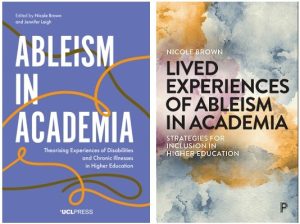
Disability History Month interview
In this short video, I am answering 5 interview questions on the occasion of the Disability History Month.
Conferencing “disabled style”
This is an extract from a guest post on the Conference Inference blog published upon invitation in relation to my ableism in academia work. In this post, I illustrate what it means to do conferencing "disabled style", when your body and/or mind are not typical, and what the realities are of navigating and negotiating conference spaces under the influence of visible and invisible conditions.
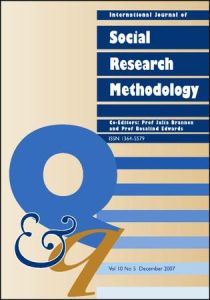
Article: Identity boxes: objects as data collection
This paper considers the use of identity boxes as a data collection method to elicit experiences.

Article: “Listen to your gut”: a reflexive approach to data analysis
This paper seeks to exemplify a reflexive approach to data analysis that accounts for the researcher’s positionality as well as the increasingly untraditional, unconventional data stemming from creative data collection methods.

Article: Making academia more accessible
The remit of this paper is to provide practical ideas and recommendations to address accessibility issues in events and conferences as a first step to improving existing working conditions.
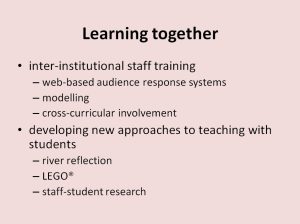
Presentation from the SEDA conference
This is about my contribution to the SEDA conference in November 2016, which was about aspects of the Secondary Teacher Education Programme.
Digest: Value of social networks for teachers
Kelly and Antonio (2016) report on the value of social networks, more sepcifically facebook, for the teaching communities.
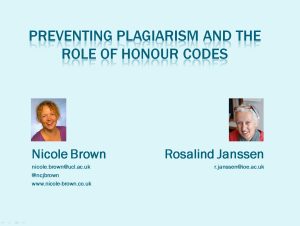
Preventing plagiarism from the UCLTL conference
See feedback from the conference workshop about Preventing Plagiarism and the Role of Identity Codes.

Epistemology
Methodology and methods are only part of the story of choosing a research framework. The way you go about collecting and interpreting data is strongly influenced by how you interpret knowledge and truth. This is about the epistemology. In simple terms, epistemology is the theory of knowledge and deals with how knowledge is gathered and from which sources. In research terms your view of the world and of knowledge strongly influences your interpretation of data and therefore your philosophical standpoint should be made clear from the beginning.
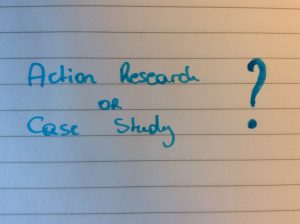
Action research or case study?
When planning for a practice-based enquiry or small-scale study you will most often be confronted with the choice between an action research or case study approach. Here is a simplified exploration to get you started.
The bilingual’s relationship with language
Having a bilingual child does not necessarily mean that the child’s relationship with languages is an easy one. It is possible that your bilingual child simultaneously loves and loathes languages.
